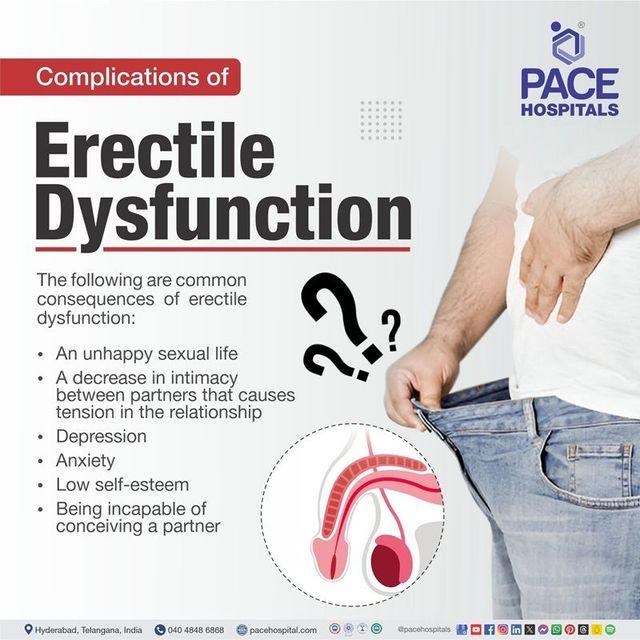Unlocking Masculine Vitality: Exploring Testosterone Therapy for Erectile Dysfunction
In a world where wellness trends ebb and flow, the quest for vitality remains a timeless endeavor. For many men, the pursuit of a fulfilling intimate life can often feel like a daunting challenge, particularly when faced with the realities of erectile dysfunction (ED). Beyond the physical implications, ED can take a toll on self-esteem and relationships, leading many to seek solutions that promise renewal and rekindling of desire. Enter testosterone therapy—an emerging avenue that promises to address not just the symptom, but the underlying hormonal imbalance that might be at play. In this article, we will delve into the intricacies of testosterone therapy, examining its potential benefits, risks, and the science behind its role in restoring sexual health. Join us as we navigate this complex landscape, shedding light on how hormonal harmony can pave the way for a revived sense of masculinity and intimacy.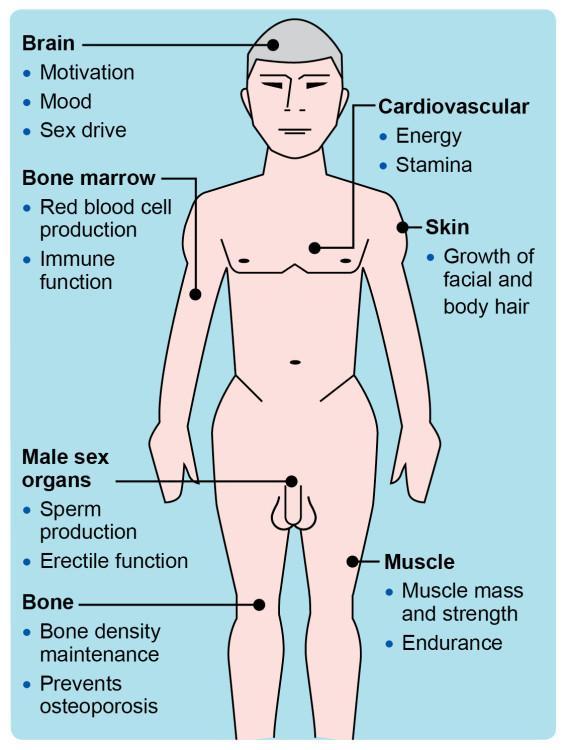
Understanding the Link Between Testosterone and Erectile Function
The intricate relationship between testosterone levels and erectile function is a focal point in understanding male sexual health. Testosterone, the primary male sex hormone, plays a crucial role in regulating libido, sperm production, and overall sexual function. Low testosterone levels can lead to various issues, including diminished interest in sexual activity and difficulties in achieving or maintaining an erection. It’s essential to recognize that while testosterone is a key player, erectile dysfunction (ED) can also stem from other factors such as vascular issues, psychological conditions, and lifestyle choices. Therefore, assessing testosterone levels is often a vital step in diagnosing the root causes of erectile dysfunction.
Clinical evidence suggests that testosterone therapy may improve erectile function in men with hypogonadism, characterized by abnormally low testosterone levels. When considering testosterone therapy, it’s important to evaluate potential benefits against possible risks and side effects. Some potential benefits of testosterone therapy may include:
- Improved libido
- Enhanced mood and well-being
- Increased energy levels
- Better overall sexual satisfaction
However, individuals must undergo thorough medical evaluation to identify the most suitable treatment approach. It is also important to remember that testosterone therapy is not a one-size-fits-all solution, and not every man with ED will benefit from it. Regular monitoring and consultation with a healthcare professional are critical in ensuring that treatment aligns with the individual’s health needs and lifestyle.
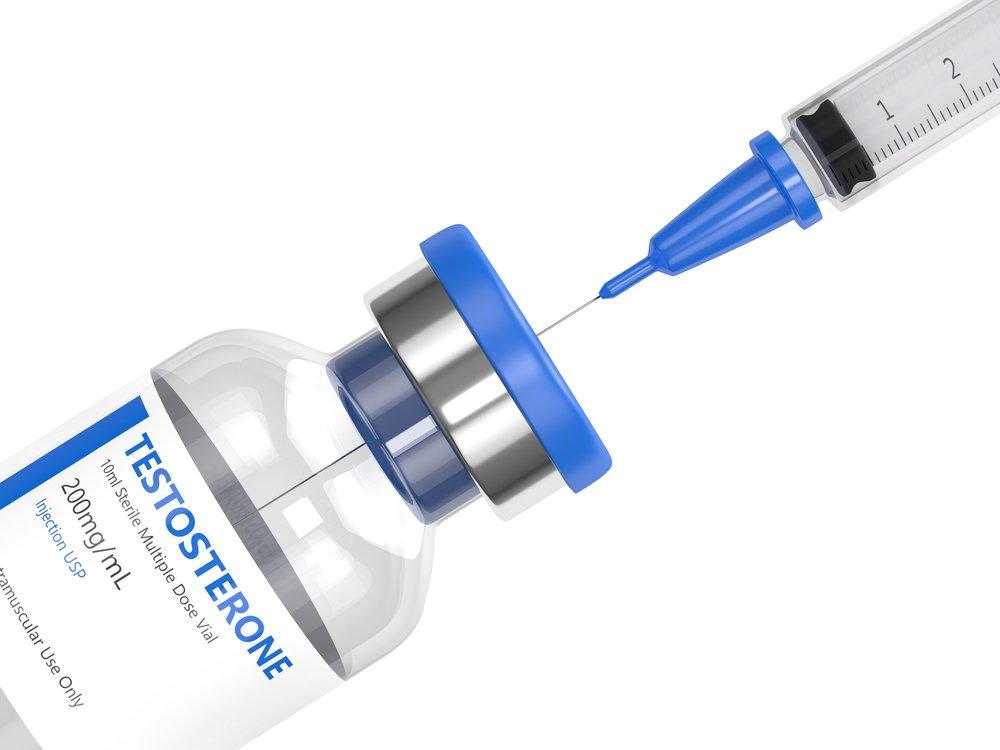
Exploring the Benefits of Testosterone Therapy for Men
In recent years, testosterone therapy has gained traction as a viable treatment option for men struggling with erectile dysfunction (ED). Low testosterone levels can contribute to a range of sexual dysfunctions, including reduced libido and difficulty maintaining an erection. By restoring hormone levels, testosterone therapy not only facilitates improved sexual performance but also enhances overall vitality and well-being. Men experiencing issues related to low testosterone may notice significant benefits, such as:
- Improved sexual desire: A marked increase in libido often accompanies therapy.
- Enhanced mood and energy levels: Many report feeling more energetic and less fatigued.
- Better quality of erections: Increasing testosterone can lead to firmer and longer-lasting erections.
Moreover, the therapy can also contribute to improved self-esteem and confidence, which are critical components of a satisfying sexual experience. It’s important to note that testosterone therapy should be approached cautiously and under the guidance of a healthcare professional, as individual responses may vary. Below is a brief overview of potential side effects associated with testosterone therapy:
| Potential Side Effects | Frequency |
|---|---|
| Acne or oily skin | Common |
| Increased hair growth | Variable |
| Sleep apnea exacerbation | Possible |
| Fluid retention | Moderate |
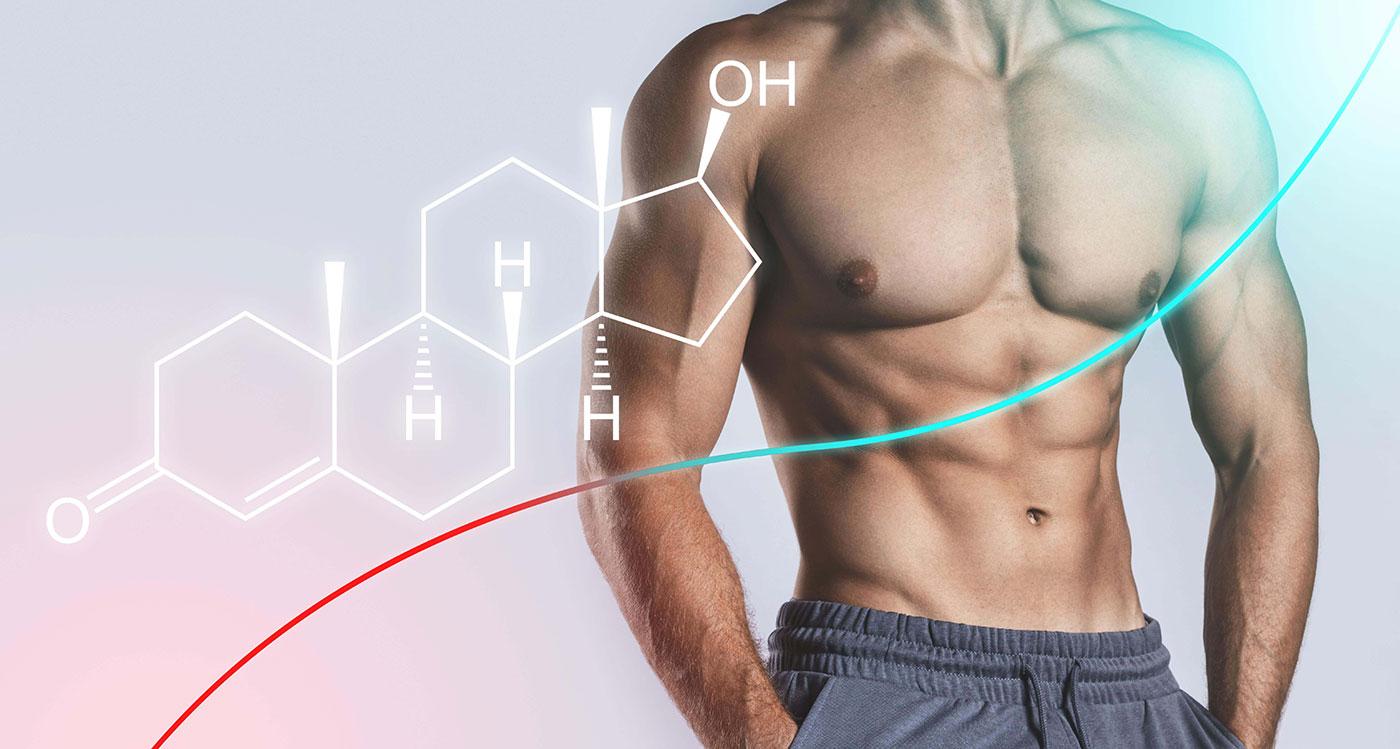
Potential Risks and Side Effects of Testosterone Treatment
Testosterone treatment can bring about significant benefits for men experiencing erectile dysfunction; however, it’s important to consider the potential risks and side effects that may accompany therapy. These can vary widely from mild inconveniences to more serious health concerns. Some of the common risks include:
- Increased risk of cardiovascular problems: Some studies suggest that testosterone therapy may elevate the risk of heart attack and stroke.
- Hormonal imbalances: Excessive testosterone can lead to conditions like gynecomastia or testicular shrinkage.
- Sleep apnea: A condition where breathing stops intermittently during sleep, which can be exacerbated by increased testosterone levels.
- Skin reactions: Users may experience acne or other skin irritations due to heightened hormone levels.
Furthermore, monitoring testosterone levels is essential to mitigate adverse effects. Regular check-ups can help catch potential complications early. Here’s a quick reference table with common side effects:
| Side Effect | Severity |
|---|---|
| Acne | Mild |
| Increased aggression | Moderate |
| Fluid retention | Moderate |
| High blood pressure | Severe |
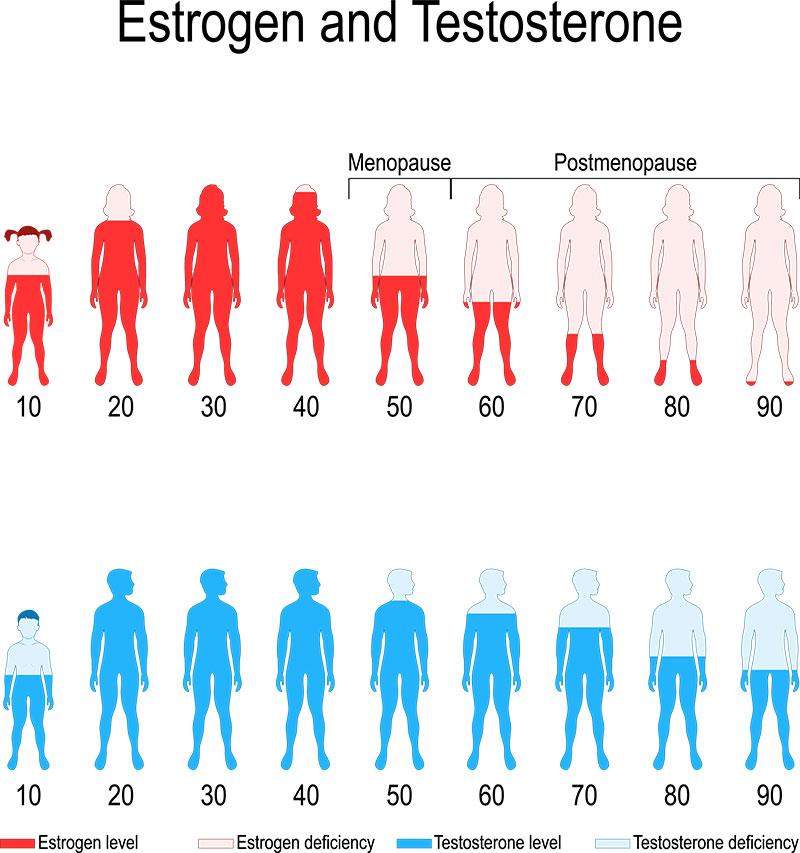
Evaluating Different Administration Methods for Testosterone Therapy
The choice of administration methods for testosterone therapy can significantly impact treatment outcomes in men experiencing erectile dysfunction. Each method has its own set of advantages and disadvantages, making it essential to tailor therapy to individual needs and preferences. Common methods include:
- Intramuscular Injections: Typically administered every 1 to 3 weeks, this method provides a rapid increase in testosterone levels but can lead to fluctuations that may affect mood and well-being.
- Transdermal Patches: Applied daily, these patches release a steady dose of testosterone, offering convenience and consistent hormone levels.
- Topical Gels: Another daily option, gels allow for easy application and absorption through the skin. However, careful handling is necessary to avoid transferring testosterone to others.
- Pellets: Implanted under the skin, testosterone pellets offer prolonged release, making them an excellent choice for those who prefer fewer interventions.
When evaluating these methods, factors such as lifestyle, cost, and personal preferences play crucial roles in determining the most suitable option. Below is a comparison of the various methods based on common factors:
| Method | Frequency | Stability | Ease of Use |
|---|---|---|---|
| Intramuscular Injections | Every 1-3 weeks | Varies | Requires visits to a healthcare provider |
| Transdermal Patches | Daily | Stable | Easy to apply |
| Topical Gels | Daily | Stable | Convenient, but requires care |
| Pellets | Every 3-6 months | Consistent | Minimally invasive, long-lasting |
Personalized Care: Assessing Suitability for Testosterone Therapy
When considering testosterone therapy as a treatment for erectile dysfunction, it is essential to evaluate individual suitability to ensure the best outcomes. Key factors to assess include age, symptoms, and health history. A thorough consultation with a healthcare professional can help identify whether testosterone levels are indeed contributing to erectile dysfunction or if other underlying conditions are playing a role. Important diagnostic processes might involve blood tests to measure hormone levels and assess overall health status.
Potential candidates for testosterone therapy should also consider the following criteria to assess their eligibility:
- Documented low testosterone levels confirmed by lab tests
- Presence of erectile dysfunction symptoms with no clear psychological origin
- A comprehensive understanding of risks and benefits associated with therapy
- Absence of contraindicating health conditions such as prostate cancer or severe sleep apnea
Furthermore, regular monitoring is crucial during the therapy, highlighted in the following table:
| Monitoring Aspect | Frequency |
|---|---|
| Testosterone Levels | Every 6-12 months |
| Blood Pressure | Every visit |
| Prostate-Specific Antigen (PSA) | Annually |
Integrating Lifestyle Changes with Testosterone Treatments
Enhancing the benefits of testosterone therapy for erectile dysfunction requires a comprehensive approach that melds medical intervention with lifestyle modifications. Diet, exercise, and stress management play pivotal roles in amplifying the effectiveness of hormonal treatments. Consider incorporating the following changes:
- Balanced Diet: Focus on nutrient-rich foods, such as fruits, vegetables, lean proteins, and whole grains.
- Regular Exercise: Aim for a mix of cardiovascular, strength training, and flexibility exercises.
- Stress Reduction Techniques: Include practices like yoga, meditation, or mindfulness to alleviate tension.
Furthermore, monitoring and adjusting these lifestyle factors can lead to improved outcomes and potentially allow for a reduced dosage of testosterone therapy over time. Keeping track of progress through regular health check-ups and open communication with healthcare providers is essential. Below is a simple table summarizing the key benefits of integrating lifestyle changes with testosterone therapy:
| Lifestyle Change | Benefit |
|---|---|
| Balanced Diet | Improved overall health and energy levels |
| Regular Exercise | Enhanced mood and physical endurance |
| Stress Management | Better hormonal balance and sexual function |
The Future of Testosterone Therapy in Managing Erectile Dysfunction
The landscape of testosterone therapy is evolving rapidly, particularly in the context of managing erectile dysfunction (ED). Recent advances in medical research have illuminated the intricate relationship between testosterone levels and sexual health, prompting a reevaluation of therapy as a viable solution for those struggling with ED. Physicians are beginning to approach treatment from a holistic perspective, blending traditional methodologies with innovative therapies that aim to not only restore hormonal balance but also enhance overall well-being. This paradigm shift underscores the importance of individualized treatment plans, taking into account both physical and psychological factors influencing erectile function.
As we look to the future, the integration of technology into testosterone therapy promises groundbreaking changes. Emerging trends include:
- Telemedicine: Virtual consultations are becoming commonplace, enabling patients to access treatment easily and discreetly.
- Wearable Devices: Innovations in health tracking technology can provide real-time data about hormonal levels and overall health, facilitating personalized adjustments to therapy.
- Genetic Testing: Tailoring therapy based on genetic predispositions may lead to more effective treatments with fewer side effects.
In light of these advances, could be defined by precision medicine, where treatments are fine-tuned to meet individual patient needs, resulting in improved outcomes and enhanced quality of life for men experiencing ED.
Q&A
Q&A: Understanding Testosterone Therapy for Erectile Dysfunction
Q1: What is testosterone therapy, and how does it relate to erectile dysfunction?
A1: Testosterone therapy involves the use of testosterone replacement medications to increase levels of this hormone in individuals who are deficient. Low testosterone can contribute to erectile dysfunction (ED) by impacting libido and the physical ability to achieve and maintain an erection. By restoring testosterone levels to a normal range, patients may experience improvements in both sexual desire and erectile function.
Q2: Who is a suitable candidate for testosterone therapy?
A2: Not everyone with erectile dysfunction is a suitable candidate for testosterone therapy. Ideal candidates are those who have low testosterone levels as confirmed by blood tests and are experiencing symptoms associated with low testosterone, such as decreased libido, fatigue, and mood changes. A thorough evaluation by a healthcare provider is essential to determine if this therapy is appropriate.
Q3: What are the potential benefits of testosterone therapy for those with ED?
A3: Benefits of testosterone therapy may include enhanced sexual desire, improved mood, increased energy levels, and, most importantly, improved erectile function. Some men also report better overall quality of life and increased satisfaction in sexual relationships after initiating therapy.
Q4: Are there risks or side effects associated with testosterone therapy?
A4: Like any medical treatment, testosterone therapy can come with risks. Potential side effects include acne, sleep apnea, increased red blood cell count, hair loss, and in some cases, prostate enlargement or aggravation of existing prostate issues. It’s crucial for patients to discuss these risks with their healthcare provider prior to starting treatment.
Q5: How is testosterone therapy administered?
A5: Testosterone therapy can be administered in several forms, including injections, transdermal patches, gels, or pellets. The method of administration is often chosen based on patient preference, lifestyle, and medical considerations. Regular monitoring is necessary to assess testosterone levels and adjust treatment as needed.
Q6: How long does it take to see results from testosterone therapy?
A6: The timeline for seeing results can vary among individuals. Some might notice improvements in libido and energy levels within a few weeks, while significant changes in erectile function can take several months. Patience and consistent follow-ups with a healthcare provider are key components of the process.
Q7: Is testosterone therapy a long-term solution for erectile dysfunction?
A7: While testosterone therapy can provide significant benefits, it is not a one-size-fits-all solution for erectile dysfunction. The effectiveness can depend on the underlying causes of ED. If testosterone deficiency is the primary issue, therapy may offer a long-term improvement. However, if other factors are at play—such as psychological issues, cardiovascular health, or medication side effects—these will also need to be addressed.
Q8: What should individuals keep in mind when considering testosterone therapy for erectile dysfunction?
A8: Individuals should approach testosterone therapy mindfully. It’s vital to consult with a qualified healthcare provider who can conduct appropriate tests, discuss potential risks and benefits, and ensure a comprehensive treatment plan that addresses all aspects of sexual health. Patience, ongoing communication, and a holistic approach are central to successful outcomes.
—
This Q&A format aims to provide clear and informative insights into testosterone therapy for erectile dysfunction while maintaining a neutral tone. It encourages a thoughtful approach to the topic.
Key Takeaways
Conclusion
In the complex tapestry of men’s health, testosterone therapy emerges as a potential ally for those grappling with erectile dysfunction. While many factors contribute to this condition, the role of testosterone is both significant and intricate. As we navigate the evolving landscape of treatment options, it’s essential to approach therapy with a comprehensive understanding and care. Consulting healthcare professionals, weighing the benefits against risks, and exploring a multifaceted treatment strategy can pave the way for improved sexual health and overall well-being.
Ultimately, the journey toward reclaiming one’s vitality is a personal one, marked by patience and informed choices. Whether testosterone therapy is the right path or just one of many, awareness and education remain key in empowering men to take control of their health. With continued research and open dialogues, we can foster a healthier, more confident approach to what it means to thrive in body and spirit.

